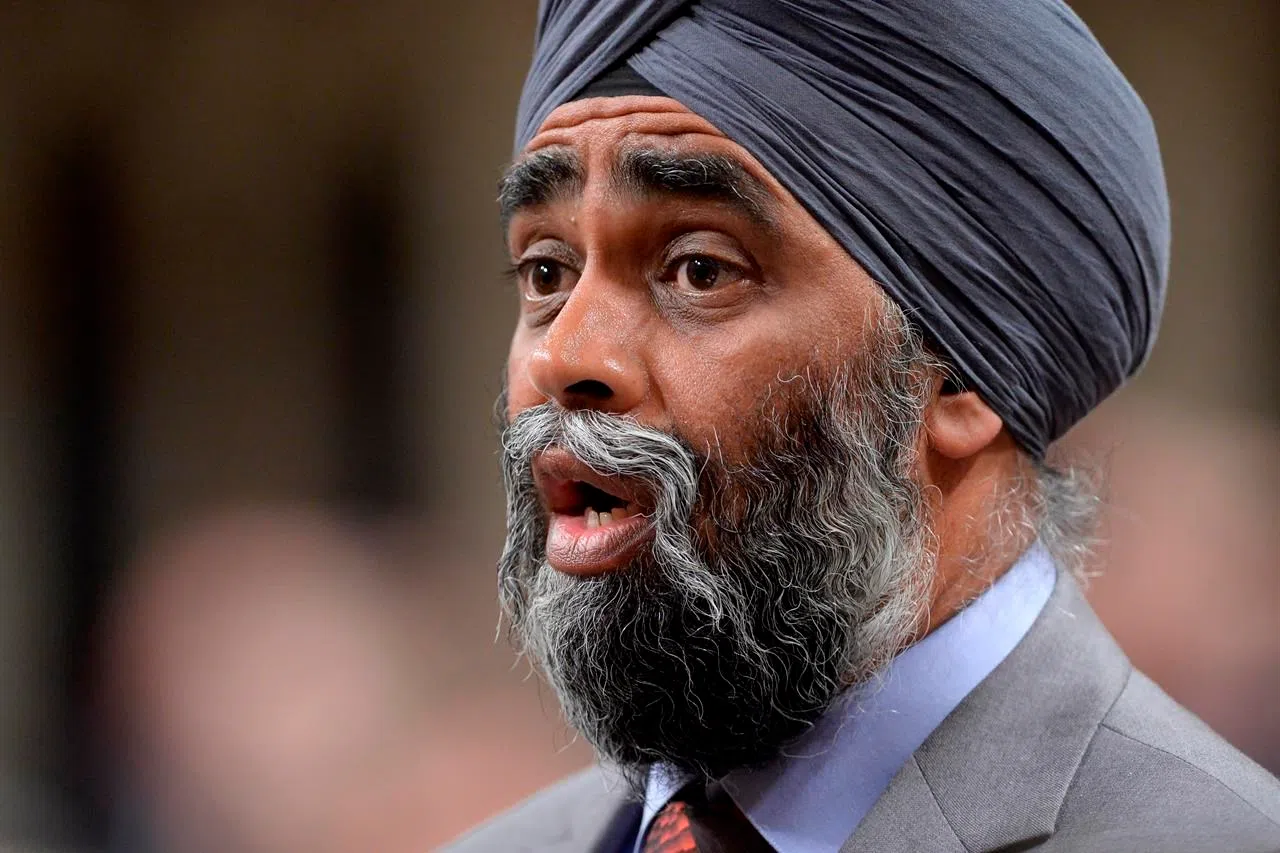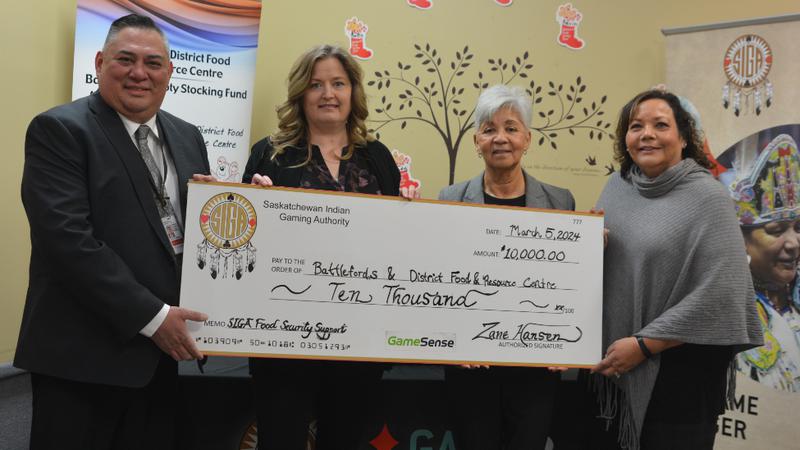
Liberals consider sending peacekeepers to monitor peace in Colombia
OTTAWA — The Liberal government is considering whether to send unarmed observers to help monitor Colombia’s historic peace agreement.
Defence Minister Harjit Sajjan’s office confirmed Tuesday that Colombia is one of the options being considered as the government decides where to deploy upwards of 600 Canadian peacekeepers. Most of the other possible missions are in Africa.
Sources say Canadian officials have been in contact with the UN looking for more information about the observer mission in Colombia, including potential security hazards.
The Colombian government and Revolutionary Armed Forces of Colombia, the guerrilla group widely known as FARC, agreed to a peace agreement last month, ending 50 years of fighting.


